A sensory activity is anything that will stimulate your baby’s cognitive and language development, laying the groundwork for them to learn problem-solving, motor skills, and explore creative and abstract thinking. Sensory activity stimulates children’s senses – touch, sight, hearing, smell and taste. These activities help babies develop critical problem-solving abilities, motor skills, and creative thinking by exploring their environment through touch, sight, hearing, smell, and taste.
Sensory play forms an important foundation for early childhood development, helping build neural connections that support cognitive growth.
Importance of Sensory Activities
Sensory play is essential for babies as it engages their senses and helps them learn to process sensory information and understand their surroundings. It provides them with opportunities to explore and make sense of the world around them. Babies’ brains are constantly absorbing a lot of information through their senses. Examples of sensory activities include tummy time with colorful objects, sensory bins with various textures, playing with musical toys, exploring different textures, engaging in mirror play, reading sensory books, and experiencing nature outdoors.
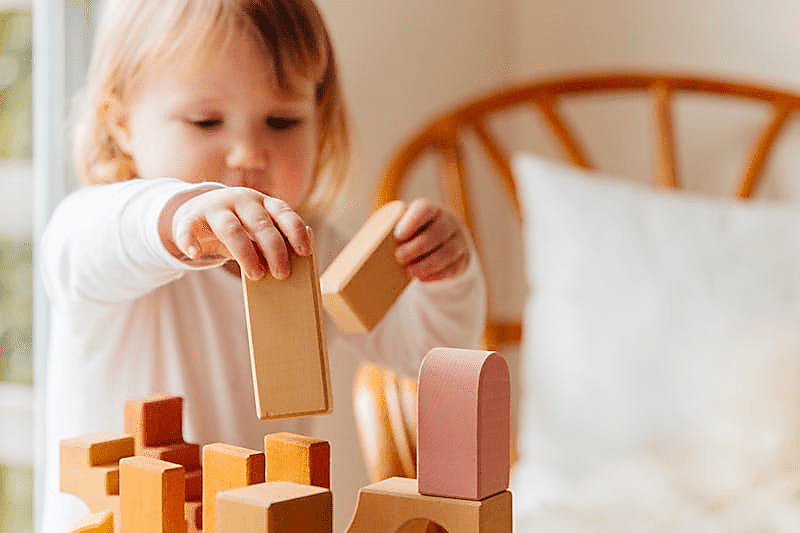
Interestingly, you can find sensory play opportunities everywhere, even in everyday items found in your home. Simple items like ice cubes, pillows, flower pots, or utensils etc can offer highly engaging and exciting sensory experiences for your baby. These objects provide different textures, temperatures, and sensations that stimulate their senses and encourage exploration and discovery. By incorporating these common household items into sensory play, you can promote your baby’s sensory development while supporting their curiosity and imagination.
When planning sensory activities, it is important to consider limiting screen time to ensure babies receive the human interaction necessary for optimal development.
Sensory play helps babies:
- Develop neural connections in the brain
- Enhance fine and gross motor skills
- Build language and social skills
- Learn about cause and effect
- Process and understand their environment
Seven Senses
While most are familiar with five senses, there are seven senses when it comes to sensory development in children
Touch: The balance and body awareness senses introduced above go hand in hand with tactile sensations, called touch
Balance: The vestibular system is located in the inner ear and focuses on balance and movement. Getting your child’s head into many different positions will help strengthen the vestibular system by activating various receptors in the ear
Body Awareness: The proprioception (perception) system is related to body awareness. It is how our physical bodies exist in space and how various body parts relate to and work together
Sight: Babies love sight stimulation and it is one of the easiest for them to participate in before they are strong enough to sit up and interact with toys
Hearing: Auditory stimulation sets the groundwork for language development. Babies find comforting sensory stimulation in the sound of their mother’s heartbeat, soft music, a singing plush “lovey” toy, or a rattle
Smell: Your baby’s sense of smell comes from olfactory receptors in the back of her nose. This sense also goes hand in hand with the gustatory system, the perception of taste and flavor
Taste: Combining activities that babies can smell and taste, known as the gustatory system, is an excellent way to stimulate their senses
 | 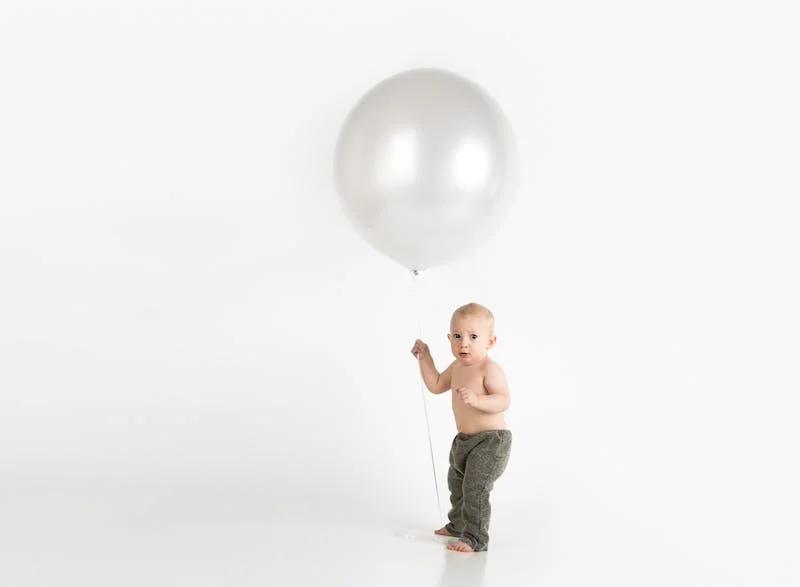 |  |
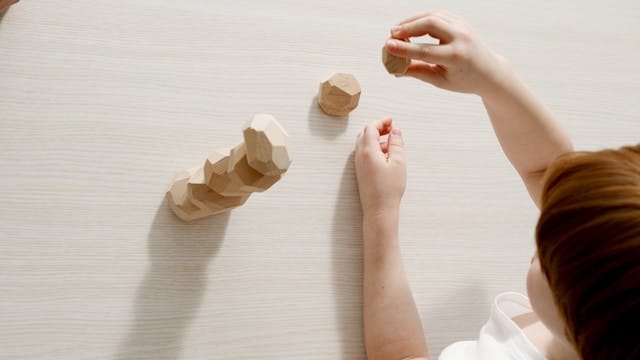 | 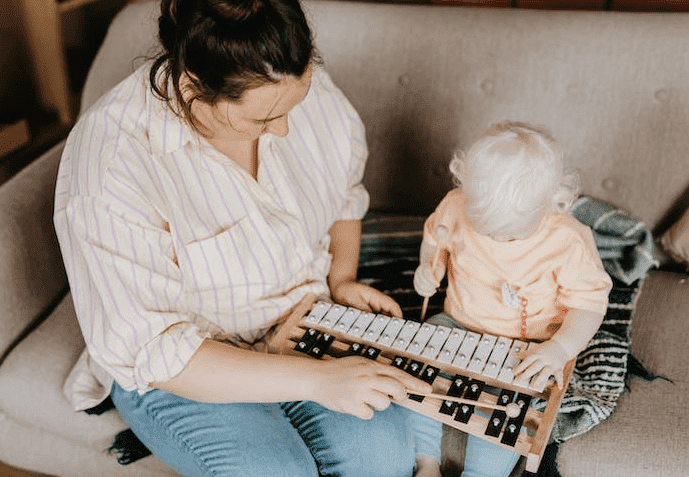 | 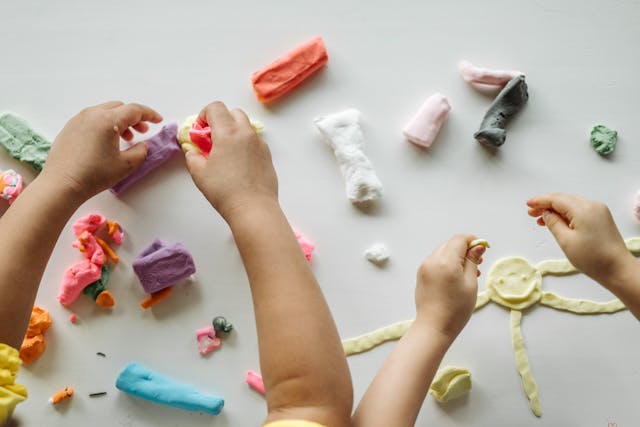 |
Eat, Play and Love
Optimizing a child’s intellectual growth does not require purchasing special products or following planned curriculums. It is important to remember that you are stimulating a child’s brain every time you engage in the following activities:
Love
Love and affection are fundamental needs for a toddler. They have a biological need for your love, which includes providing them with tender, responsive attention, and affection. This unconditional love plays an important role in building their self-esteem and facilitating the development of brain circuitry.
Talk and sing to the infant
Interacting with toddlers through talking, singing, and engaging in everyday activities is a good way to support their language development and emotional growth.
Respond
Responding to a child’s requests promptly and attentively is important for their emotional well-being and developing a sense of trust in their caregivers. By meeting their needs and acknowledging their communication, we can create a nurturing environment that supports their emotional stability and reinforces their self-worth.
Encourage Imitation
When a child imitates others, it is a sign of their growing understanding and desire to engage with the world. You can respond with delight and enthusiasm to their adorable sounds like squeals, giggles, chortles, and gurgles.
Let the child explore
Allowing children to explore different textures and temperatures in a safe environment is important for their sensory and cognitive development.
Read books
Introducing children to the world of literacy from an early age can have numerous benefits for their development and also develop listening skills and language awareness through exposure to the spoken word.
Read more about
- Indoor Play Ideas to Stimulate Young Children at Home
- Baby’s Intelligence: Importance of Infant Stimulation
Play music
Playing music for children can be a delightful and stimulating experience for their senses. Music has a powerful effect on infants and can heighten their senses, capture their attention, and evoke emotional responses. Repetitive patterns in music help children develop their auditory processing skills.
Consult your pediatrician if you notice
- Unusual sensitivity to sensory input
- Delayed motor development
- Limited interest in exploration
- Signs of sensory aversion
The Science Behind Sensory Play
Sensory activities are more than just playtime – they are important for infant brain development. By engaging multiple senses simultaneously, babies:
- Create neural pathways
- Develop cognitive understanding
- Enhance motor skill coordination
- Build foundational learning skills
In conclusion, sensory play is an important part of a baby’s development as it allows them to engage their senses, process sensations, and interpret the world around them. By incorporating sensory play into a baby’s daily routine, we provide them with valuable opportunities for growth, learning, and the development of problem-solving, motor skills, and abstract thinking. Embracing sensory play as part of a baby’s early years can have a significant impact on their cognitive and language development, laying the groundwork for a lifetime of learning and exploration.